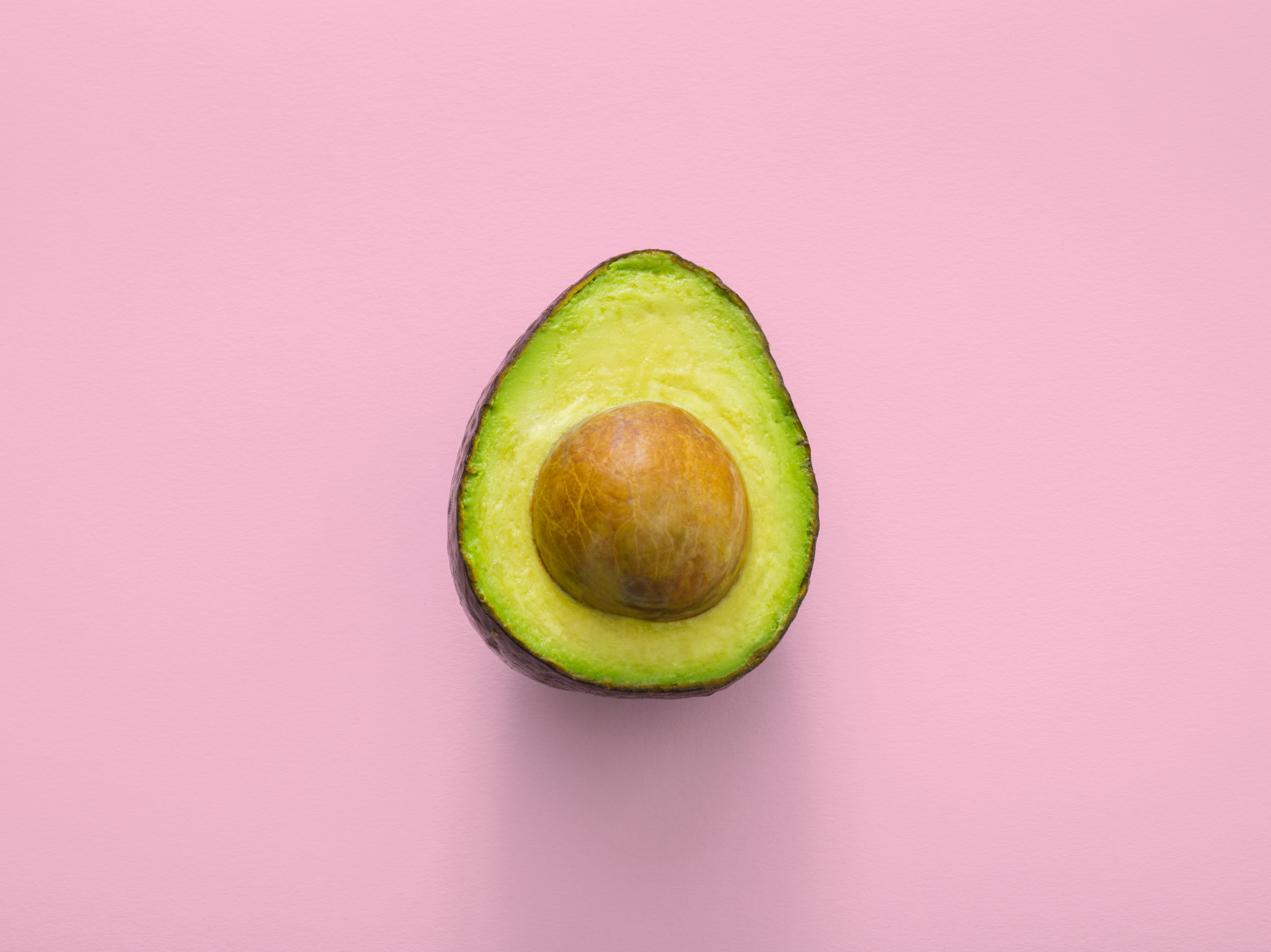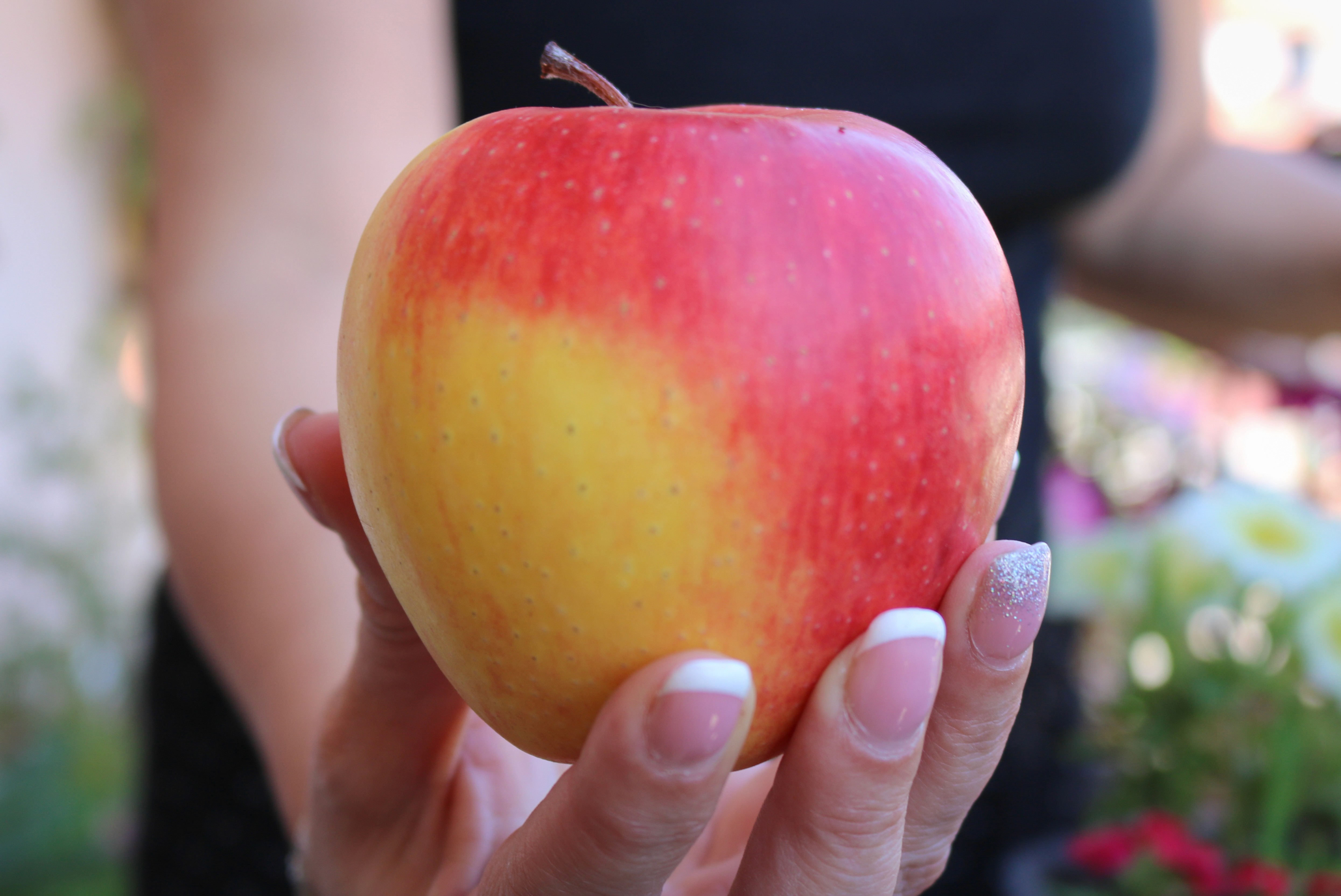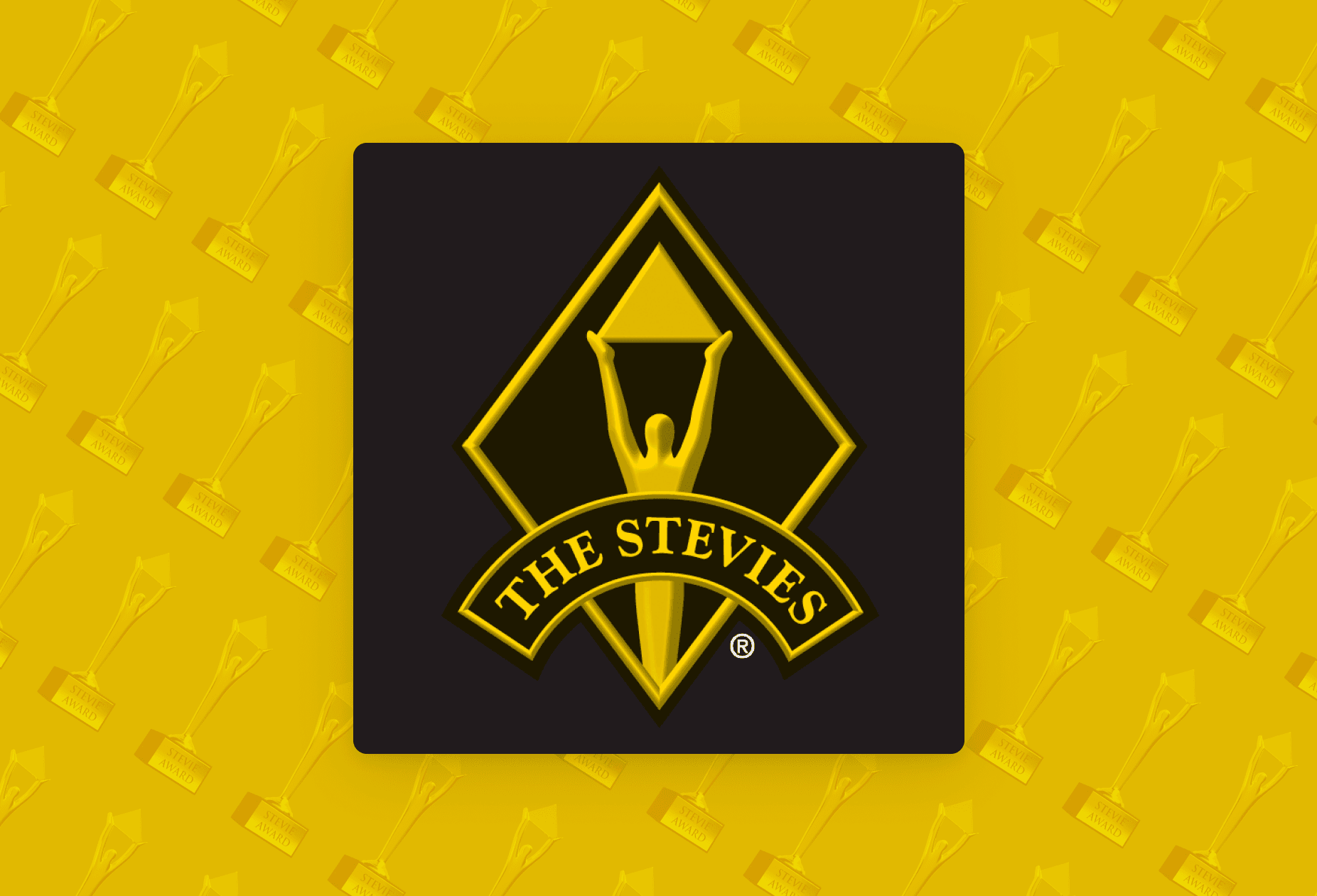Articles
Changing How We Feel by Changing What We Eat
Imagine the improvements in our life that come from listening to the body after we eat.
Dec 1, 2023
What is Your Body Telling You?
When was the last time you filled up your car’s gas tank with Mountain Dew? Or maybe you poured some chocolate milk in the oil intake?
Of course, we’d never do that - since we know how much it would interfere with the smooth operation of an engine. Yet we don’t always bring that same careful evaluation to what we put in our mouths - and how that ripples out into every part of our body and mind.
What if we started doing just that - by listening to the body…moment by moment
Four Biggest Dietary Adjustments to Boost Mood
Let’s review the four biggest areas where imbalances in our diet can influence our broader well-being and potentially interfere with our motivation to keep growing and moving towards the life we really want.
Achieving a good fatty acid balance
For many, “good fat” might seem like an oxymoron. But just like muscles need protein, and bones need calcium, the brain needs good fat to be well (a balance of omega 3 and omega 6 fatty acids).
After decades of being encouraged to only eat “low fat” everything, many of us are good-fat deficient! A good way to correct this imbalance is to eat any of the following: cooked soybeans, raw tofu, flax seeds, chia seeds, walnuts, cauliflower, cabbage, romaine lettuce, broccoli, brussel sprouts, winter/summer squash, collard/turnip greens, spinach, kale, green beans, strawberries, raspberries, or miso; shrimp, scallops or especially oily fish are also great - along with healthy, unsaturated fats such as olive oil, avocados, and almonds.
Vitamin deficiencies
Second, pay attention to the large-scale vitamin deficiencies common in our society today - all the way down the line: A, B, C, D & E. Many people don’t recognize that a deficiency in even one of these areas can really throw you off - especially the B vitamins!
Almost everything leafy and green and called a “vegetable” is a good vitamin booster - as well as many fruits, grains, beans and seeds. Different kinds of meat are helpful to get healthy fats and vitamins as well - especially fish, pork, beef and lamb.Ensuring the correct mineral levels
Although all minerals are important, there are three specific deficiencies that have been especially tied to our attitudes and moods: Magnesium (found in spinach, broccoli, squash, plantain, seeds, black beans, whole grain bread, and different kinds of fish), zinc (found in pumpkin and squash seeds, beans, whole grain bread, wheat germ, brown rice, and different kinds of meat), and selenium (found in brazil nuts, sunflower seeds, barley, wheat germ, whole-grain pasta, barley, brown rice, oats, lentils, spinach, onions, and certain kinds of fish).
Gradually reducing intake of harmful additives
It’s becoming increasingly recognized that regularly consuming a lot of refined sugar, too much salt and caffeine can impact us in a negative way. In fact, there’s evidence that caffeine and sugar, especially in large amounts, can trigger panic attacks, and contribute to an overactive central nervous system.
Roland Griffiths, a professor in the department of neuroscience at John Hopkins University School of Medicine, recommends that patients who suffer from anxiety and stress curtail their caffeine intake, since the stimulant effect of caffeine increases the heart rate and can cause nervousness in people who are already prone to these symptoms. And by the way, certain food dyes and additives can do a number on our ability to pay attention (stay away from anything that so green or orange that it looks like it’s been through a nuclear attack).
Don’t worry, though - no one’s asking you to give up all things sweet. This is about moderation - and paying attention to the amount and frequency of sugar, salt and caffeine you consume. Be gentle with yourself as you make some adjustments - and try to eliminate certain things from your diet that can worsen or “tank” our moods - what expert Julia Ross calls “bad-mood foods” and “emotionally hazardous edibles.”
Finding Joy in Food
All this explains why a lot of processed, packaged, frozen, or fried foods, and 'fast food' have been correlated with mood problems - along with products with trans fats. When you combine sugar, salt, bad fat, and other kinds of additives, it’s not hard to understand why we can start to relate to this kind of food almost like a drug.
As professor Michael Pollan cautions, “there are lots of other edible food-like substances in the supermarket” - before adding this encouragement, “Eat food. Not too much. Mostly plants.”
You probably already know what foods are hurting you – but if you don’t, just pay closer attention and maybe try experimenting in your own life with how you feel when tapering back on different things.
Be sure to have some fun as you create what Julie Ross calls a “good-mood food master plan” - enjoying the many varieties of foods that are part of a diet that works best for your precious and hungry brain.
About Impact Suite
Impact Suite is a modern mental wellness company getting at the roots of emotional health through preventative technology and professional care.
If you would like Impact Suite as a mental health benefit in your business or organization, schedule a demo today.




